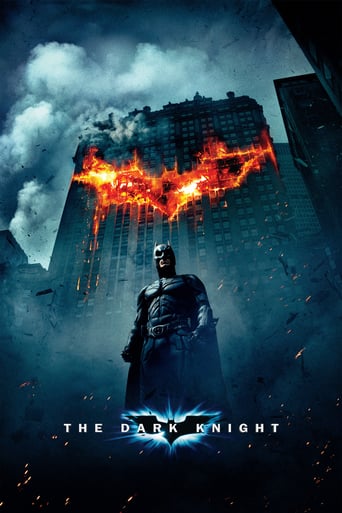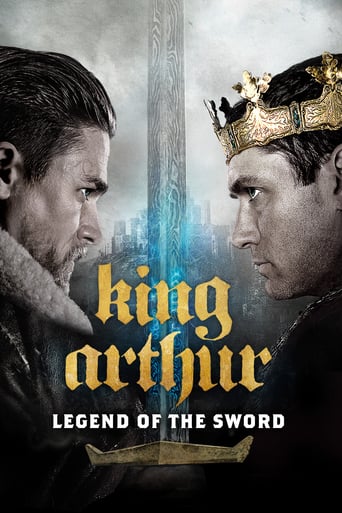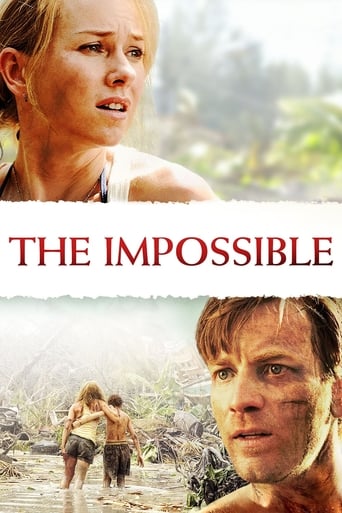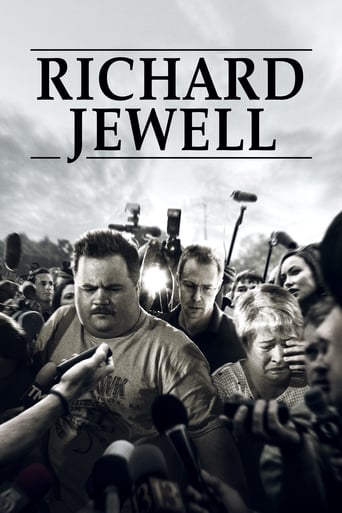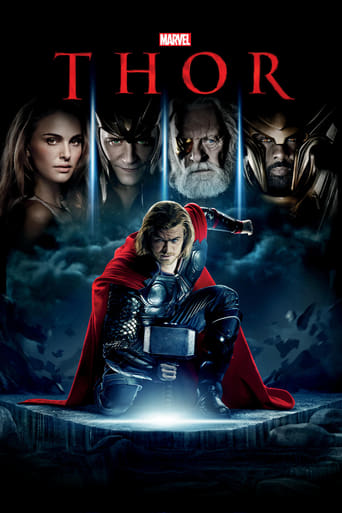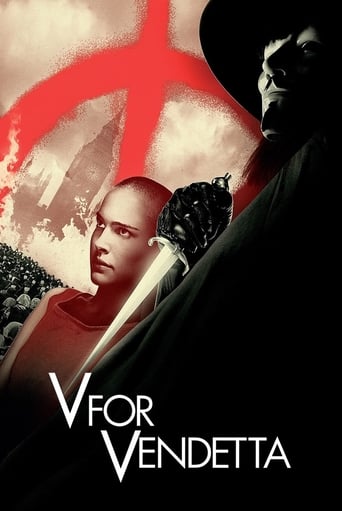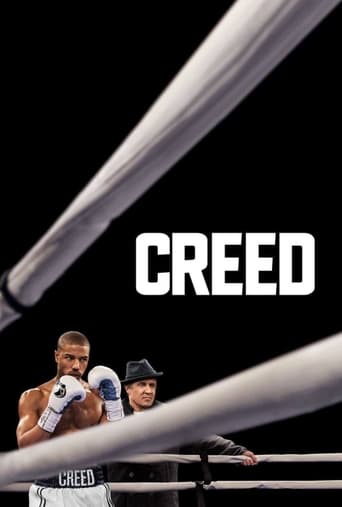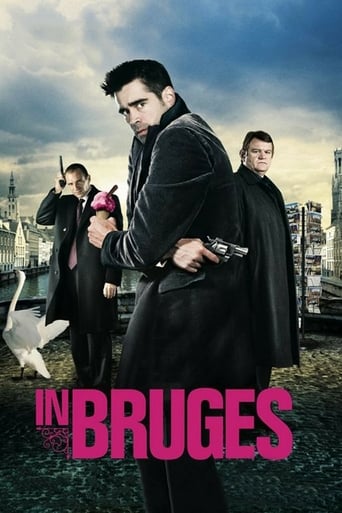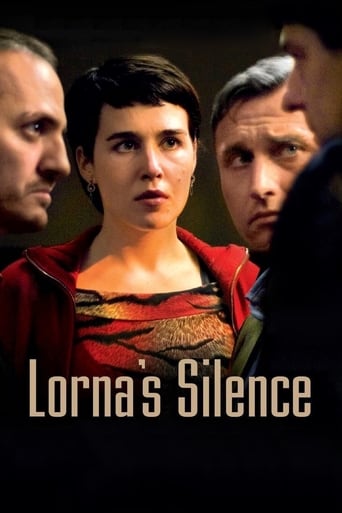


Lorna's Silence
Lorna is a young Albanian woman in a marriage of convenience with Claudy, a heroin addict. Just as Lorna is about to be granted Belgian citizenship, Claudy finds the strength to detox; this presents a problem not only for Lorna, but for the criminal who brokered the deal.
-
- Cast:
- Arta Dobroshi , Jérémie Renier , Fabrizio Rongione , Alban Ukaj , Morgan Marinne , Anton Yakovlev , Olivier Gourmet


Similar titles
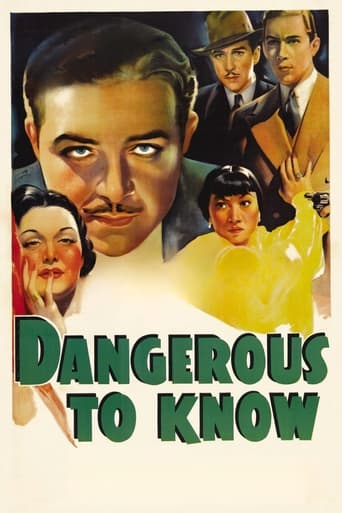
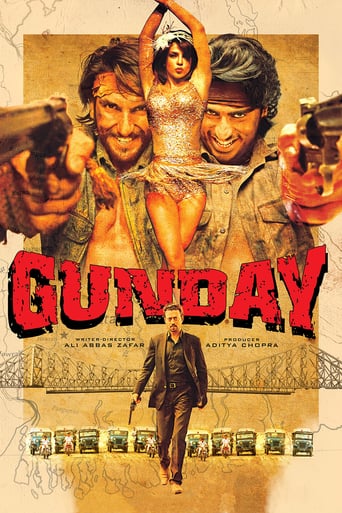
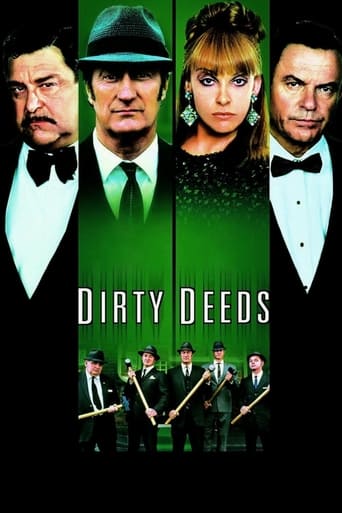
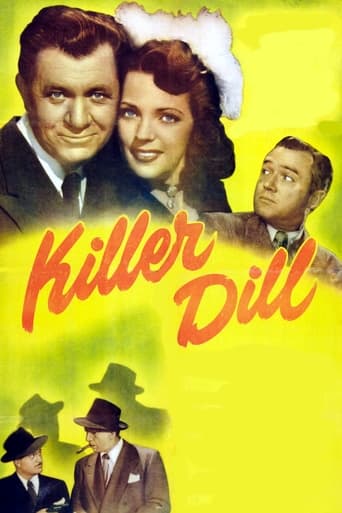
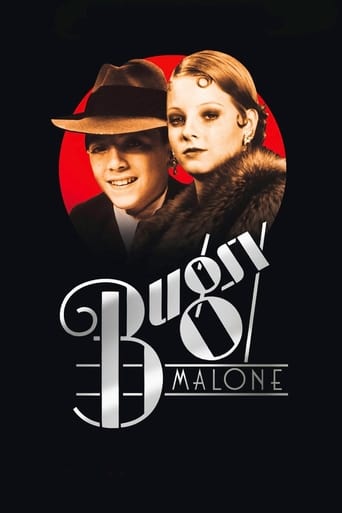
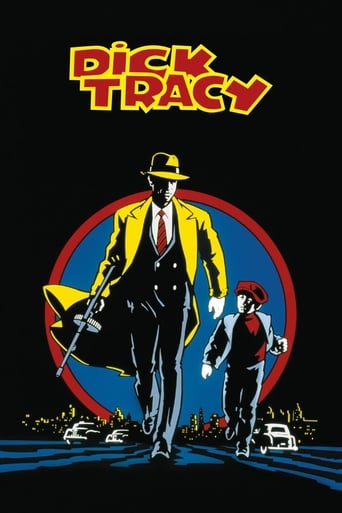
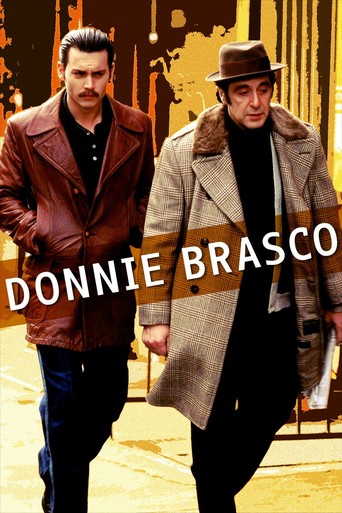
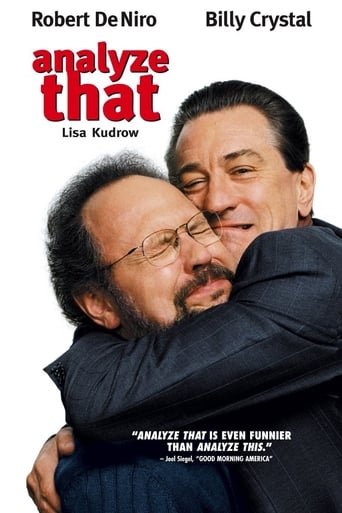
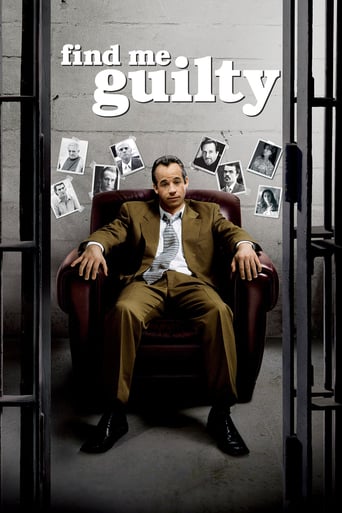
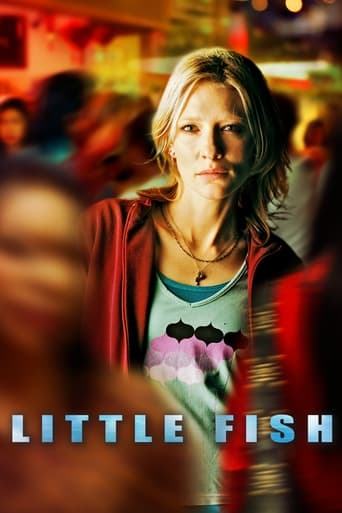
Reviews
Such a frustrating disappointment
Bad Acting and worse Bad Screenplay
A great movie, one of the best of this year. There was a bit of confusion at one point in the plot, but nothing serious.
It’s sentimental, ridiculously long and only occasionally funny
Belgian screenwriters, producers and directors Jean-Pierre and Luc Dardenne's seventh feature film which they wrote and co-produced, premiered In competition at the 61st Cannes International Film Festival in 2008, was screened in the Masters section at the 33rd Toronto International Film Festival in 2008, was shot on location in Belgium and is a Belgium-France-Italy-Germany co-production which was produced by French producer Denis Freyd. It tells the story about a philanthropic Albanian woman named Lorna whom is searching for happiness in Western-Europe where she is living with a Belgian citizen named Claudy whom she has married to gain a residence permit. Lorna has emigrated with her boyfriend named Sokol from their home-place and with him she has great plans about starting an incoming business, but to realize her ambitions she has to let cynicism into her life. Distinctly and engagingly directed by Belgian filmmakers Jean-Pierre and Luc Dardenne, this finely paced fictional tale which is narrated from multiple viewpoints though mostly from the main character's point of view, draws a dense and invariably involving portrayal of a woman in a foreign country who wants to achieve happiness at any cost and who gets to see another face of happiness when her road towards her destination demands that she renounces her humanity. While notable for its naturalistic and atmospheric milieu depictions, reverent and low-keyed cinematography by Belgian cinematographer Alain Marcoen, production design by production designer Igor Gabriel and use of sound and colors, this character-driven and narrative-driven story about an immigrant in a paper marriage with her heart in the right place and good intentions, whom whilst reaching out for her dream has to sacrifice her integrity and cross moral boundaries which will harm her and lead her into a path of deception and crime, depicts an incisively psychological and heartrending study of character. This sociological, humane, situational and conversational drama triangle from the late 2000s which is set in the city of Liège in Belgium and where an individual who despite resistance from all borders chooses to believe that happiness is possible no matter what one's conditions are, is impelled and reinforced by its stringent narrative structure, substantial character development, subtle continuity, underlying moral substance, distinct realism and the prominently authentic acting performances by Kosovar actress Arta Dobroshi and Belgian actor Jérémie Renier. A quietly and gracefully compassionate character piece from two masterful filmmakers which gained, among other awards, the award for Best Screenplay Jean-Pierre and Luc Dardenne at the 61st Cannes Film Festival in 2008.
I wonder if the makers of "Lorna" had that title in mind, considering the moment in another great movie when the lead actor reveals the great pain of her past life. In both cases, the focus is on the slaying of innocence. Some of the criticism of the picture, another wonderful film from the Dardenne Brothers, has pointed to a disappointing ending. I didn't find that to be the case. As we see her guilt develop, the stubborn efforts to dissolve her sham marriage with the junkie, Claudy, rather than see him killed, she recognizes their connection, an addiction, his for drugs, hers for money, both pawns in the criminal plot hatched by others. When she fails to save him, an awkward jump in the picture from him riding away on a bicycle to news of his murder, Lorna's guilt is internalized in a delusion of carrying his child, her way of having him live and salving her guilt. When the deal goes bad because of her, she knows she will be killed also. But she will fight to stay alive, not for herself, but for the life she believes she is carrying. Yes, like their other pictures, this one is something of a religious allegory, but what's wrong with that?
Le silence de Lorna (Lorna's Silence) is the latest film by the great Dardenne brothers. They are modernizing cinema of today philosophically as they are narratively. Compared to another film by the brothers Le fils (2002) Le silence de Lorna is not as experimental, but at least as good, if not better. It's their first portrait of an adult woman and they succeed incredibly well as always. The film deals with the European identity of today, inhumanity in human trafficking, and puts us in front of a social question: how can humanity or any sort of morality remain in this cruel world we live in?Lorna (Arta Dobroshi) is in her thirties living in Belgium and dreaming of a better life. She lives in an arranged marriage with a junkie, Claudy (Jérémie Renier). The man who runs the arranged marriage business, Fabio (Fabrizio Rongione) is planning to kill Claudy in hope of a better marriage deal. Fabio arranges men to marry Lorna for money so they can get a citizenship of Belgium. Le silence de Lorna deals with the subject of human trafficking; business where the price of human life isn't high. It all happens in front of our eyes but we aren't doing a thing. In the end it grows out to be a strong moral study and the influence Krzysztof Kieslowski has had on the brothers is obvious.The Dardenne brothers are well known for their minimalism which can also be seen in Lorna's Silence. It doesn't have much music in it and the dialog is marginal - a lot from little is the core of minimalism. Luc Dardenne has said that he always listens to Beethoven before starting to work and, in the end, when the credits come on we get to listen Beethoven. The brothers have said that the more you take material away the closer you get to humane experiences. Their films are filled with body language, gestures and close camera-work. The cinematography is unique and reinforces the position of a camera as an instrument for philosophy. They follow their characters closely and through that let us observe the situations they get into, the situations in which they are prisoners of. The camera let's you to get into the minds of the characters. The camera sees what the character sees, it doesn't know what happens outside of the character's world - so what has been cloaked from us?The leading themes of the story are humanity, detachment, guilt, inhumanity and the European identity of today. The subject is very current in the age we live in. As I earlier mentioned Le silence de Lorna brings up a question how humanity can survive in the world of human trafficking. All the people in the business are portrayed as inhumane and careless. Where the victim of the business (the junkie) is portrayed as innocent. The eternal battle between good and evil is just one of the references to religion. Even that the brothers are atheists they had a strong catholic upbringing which can clearly be seen in their work. God is dead in their world view but they often use Christian allegories to reconstruct new humane experiences.In the end where Fabio hears that Lorna is pregnant and won't have an abortion he wants to get rid off her. We see Lorna getting away with her baby, going into a detached house in the woods - the culmination of theme detachment. It is quite obvious that Lorna isn't really pregnant. The baby is just a symbol. It's a memory of the past; of Cloudy and how it was Lorna's fault that he got killed. The baby is actually the guilt she's carrying.A marvelous film about the loss of humanity. I just saw it in theaters today and it went straight to my top ten of the decade. This film is very energetic, the movement in it worked brilliantly and as the brothers have admitted; movement is much more important than the plot in their films. Le silence de Lorna is a thought-provoking experience about the world we live in, our concept of moral and the European identity.
The Dardenne Brothers have a habit of immersing us in the muck of life, then casually reminding us that, in case we forgot, we are surrounded by beauty. Their latest film, Lorna's Silence, is full of the trials of conflicted humanity with all too visible surface scars hiding its true nature. Set in the Belgian city of Liege, Lorna, an Albanian immigrant, is eager to realize her dream of owning a snack shop together with her boyfriend Sokol (Alban Ukaj), a long-distance truck driver. In order to pursue this goal, she has paid the sleazy mob-connected Fabio (Fabrizio Rongione) to arrange a marriage with a Belgian heroin addict, Claudy (Jérémie Renier), in exchange for Belgian citizenship.After divorcing Claudy, Lorna's plan is to marry again, this time to a Russian mobster (Anton Yakovlev) so he can get his own papers. Luc Dardenne says that the idea for the film came from a social worker who told them about an incident in which her brother, a junkie, was offered a huge sum of money by the Albanian mafia to enter into a paper marriage with an Albanian prostitute. She would then divorce him for another wad of cash and be free to marry a member of the Albanian mafia, both becoming Belgian citizens in the process.The early images are all about money. From the opening scene where bills are being counted, money is constantly being handed over, counted, refused, or buried in the ground. The cold expression on Lorna's face and her abruptness in conversation tells us almost immediately that the marriage is a fake. Lorna ignores Claudy's almost pathetic neediness while greed pervades the atmosphere. She fakes being physically abused by Claudy in order to secure evidence for a quickie divorce but Claudy is unwilling or unable to hurt her. In a scene marked by ghoulish humor, she slams herself into a door and bangs her head against a wall to fill her body with bruises.Things become complicated, however, when Claudy vows to kick his drug habit and Lorna begins to care for him, resisting Fabio's attempts to eliminate him via a drug overdose. Dobroshi delivers an outstanding performance, as does Renier who has become one of the Dardennes' most confident regulars. Though the film is more plot-driven and the camera-work less oppressively intimate than some of the brothers' earlier films, Lorna's Silence is nonetheless a gripping, powerful drama, full of searing insight into the human condition. What is most important is not the story or the movement of the camera but the continuity of the theme of the awakening of conscience.Just when we feel that the characters have no place to go but down, the Dardennes tear us away suddenly from our addiction to the physical and hurl us into a world of tenderness and infinite possibility. As Lorna senses that she is suddenly at risk, she seems to break through the cycle of futile actions that have marked her life and, even in the mundane task of gathering wood to build a fire, we sense the exhilaration of someone growing before our eyes. As the Dardennes invite us to step into a bigger world, we hear the closing reverie of Beethoven's other-worldly Piano Sonata No. 32 reminding us that we are tuned into what the Quaker poet Thomas Kelly has called "the silence which is the source of all sound".

